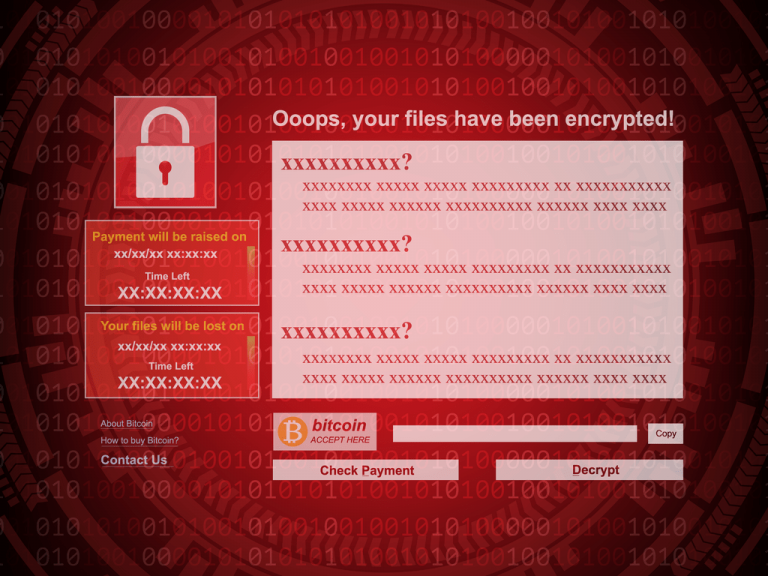Geopolitical and Cybersecurity Weekly Brief – 6 September 2021
In the Americas, General Motors announced production cuts across its North American operations in September due to the ongoing global semiconductor shortage. New details revealed how Chinese state-sponsored threat group APT5 hijacked an NSA encryption backdoor to compromise Juniper Networks’ customers. The APT group injected code into the company’s NetScreen firewall. They were subsequently able […]
Geopolitical and Cybersecurity Weekly Brief – 6 September 2021 Read More »



